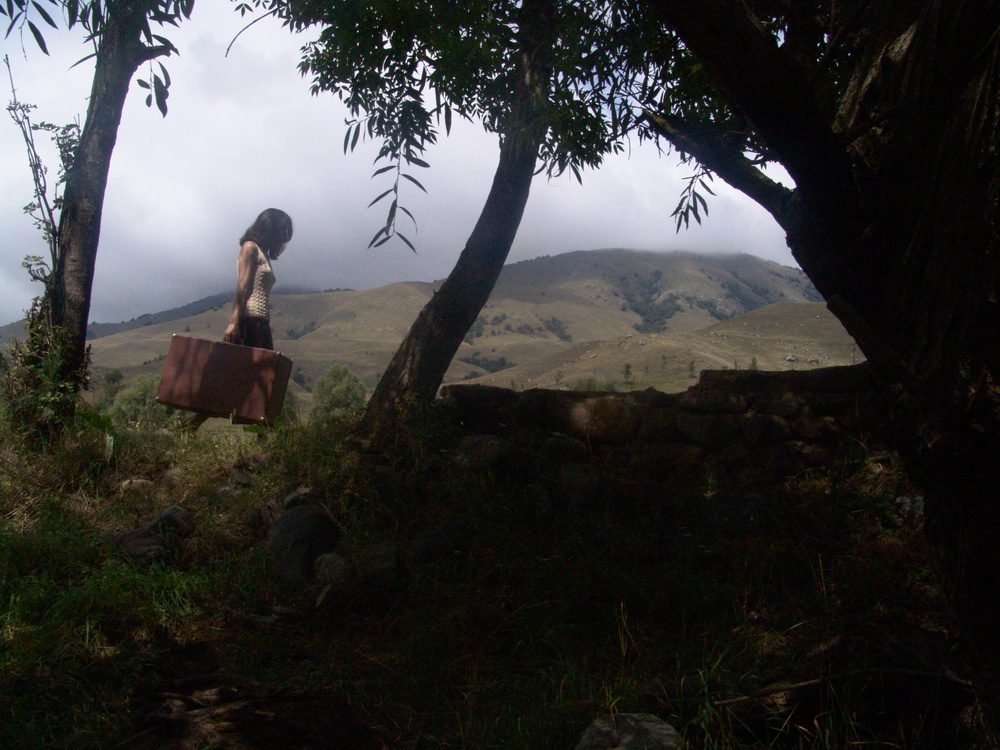Successful Reintegration Takes Care
Armine* – a poor, single mother of three children living in a destitute multi-generational household in rural Armenia – was offered a lucrative job by a woman visiting her village. It was promised that she would be the nanny to an Armenian family living in the United Arab Emirates (UAE), and she would earn enough to send remittances home that would provide for her children, her parents, and her many siblings.
Instead, Armine was trafficked into prostitution in the UAE, where she became pregnant, was arrested, and ended up delivering her baby in prison. Her family was ostracized by their community after it was discovered that Armine was working as a prostitute. They managed to arrange for her repatriation to Armenia, where she entered a shelter for victims of trafficking operated by the United Methodist Committee on Relief (UMCOR), but her family would not accept Armine or her new baby back into their lives. Not until UMCOR intervened, supporting Armine’s reintegration and helping to bring healing to this troubled family.

Armine’s story, while tragic, is not unique. Reintegration of survivors of human trafficking into their home countries, communities, and families of origin can be one of the most challenging and troubling processes faced by people who have already faced insufferable hardship. In cases like Armine’s, a family may experience shame and derision because of what their loved one has been through, as if he or she was a criminal rather than a victim. In other cases, a survivor may have been trafficked by a community member, a neighbor or relative, and his or her safety may continue to be at risk upon returning home. Each case is unique and requires great care and analysis to ensure successful reintegration.
Through the “Shelter Assistance for Victims of Trafficking” project, UMCOR’s Armenia country office offers a comprehensive package of assistance to survivors of human trafficking in Armenia. Survivors are provided with medical assistance, legal services, psychological support, and vocational training while residing in a secure and comfortable environment during their rehabilitation. The length of time that each survivor resides in the shelter is based solely on need. Striving for successful rehabilitation and reintegration, UMCOR’s shelter staff works with individual survivors and their families and community members to ensure that the return to society will be safe, healthy, and sustainable. After reintegration, survivors continue to access support through UMCOR’s shelter staff, as staff members become like family, with the shelter often serving as a survivor’s most supportive home.
Armine’s return to her community was a successful one. Over time, people in the village changed their opinion about Armine and the struggles that she and her family faced. When her daughter was married several years after her reintegration, the community celebrated Armine and her daughter, the tragedy of her victimization now a part of the past.
*Name changed to protect the survivor’s identity.
Nicholas Jaeger is a Program Manager with the United Methodist Committee on Relief (UMCOR). Based at UMCOR’s headquarters in New York, Jaeger backstops UMCOR’s country offices in Armenia and Georgia, where UMCOR implements projects in a broad range of sectors, including health, food security, agriculture, disaster relief and disaster risk reduction, anti-human trafficking, and conflict transformation.
The United Methodist Committee on Relief is the humanitarian relief and development agency of the United Methodist Church. Headquartered in New York, NY, UMCOR provides assistance to people in need in more than 80 countries around the world, including in the United States. For more information, please visit www.umcor.org.
